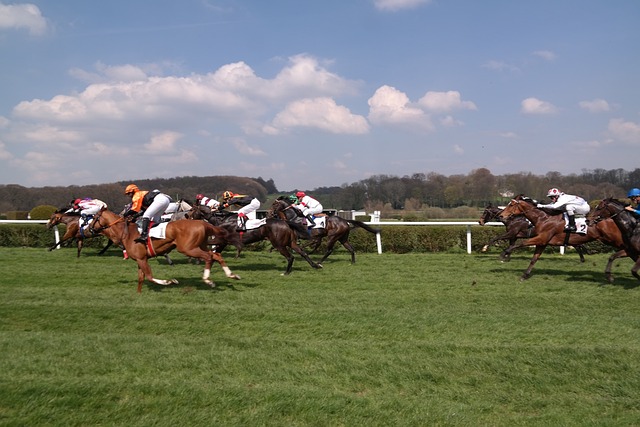 Talented Irish jockey Jack Kennedy says he is hopeful of being declared fit to ride at the 2025 Cheltenham Festival after breaking his leg for the sixth time in November.
Talented Irish jockey Jack Kennedy says he is hopeful of being declared fit to ride at the 2025 Cheltenham Festival after breaking his leg for the sixth time in November.
Kennedy’s eagerness to ride at Cheltenham is wholly understandable given the global interest the four-day meeting garners worldwide.
The Festival is not only one of the most-watched sporting events of the year, but also generates massive activity on online betting sites.
Intriguingly, this extends to emerging betting jurisdictions such as the Middle East, which has had a long-standing affinity with the Sport of Kings.
Many horse racing betting platforms in the region have been offering Cheltenham odds for several months, highlighting the broad appeal of the prestigious meeting.
Kennedy Happy with his Recovery Progress
Kennedy would undoubtedly be the focus of plenty of attention from Arab bettors if he is able to return to the saddle in time for Cheltenham next month.
He has been sidelined since Twoohthree fell at Fairyhouse last year, but says his recovery has progressed positively and he could be back for Cheltenham.
“It’s going well – the physios and surgeon are happy with it,” Kennedy said. “I’m back to the hospital on the 25th of this month and I’ll hopefully know more then.
“I’m probably not a great patient. Last time I tried to do too much too soon and set myself back so I haven’t done that this time.
“I can’t sit about the house – I have to be doing stuff all the time and can’tsettle when I’m off.”
Jockey Hopes There are Brighter Days Ahead
Kennedy previously broke his leg ahead of the 2023 Festival, which resulted in jockey Davy Russell briefly shelving his retirement to return to action.
The 25-year-old believes he is much further on with his recovery this time around and is looking forward to reuniting with the top horses in trainer Gordon Elliott’s stable.
They include Brighterdaysahead, who has been touted as a possible Champion Hurdle contender after winning two Grade 1 races in Ireland in her last two outings.
The mare produced a devastating display at Leopardstown over the festive period, finishing a long way clear of Winter Fog and State Man in the Neville Hotels Hurdle.
Kennedy was aboard Brighterdaysahead when she finished second behind Golden Ace in the Mares’ Novices’ Hurdle at the Festival last year.
She took a keen hold on that occasion and Kennedy has admitted that he would ride the race differently if he could have the opportunity.
“I know it wasn’t my finest moment at Cheltenham but I’m still not sure how she got beat,” Kennedy added. “She’s a lovely mare and has plenty of talent.
“I’d have let her on, but she was a bit keen and I tried to get her settled rather than just letting her stride along.
“However, I suppose then you’ve the other side of it – she probably didn’t look too comfortable up front in the Morgiana (at Punchestown) and maybe it might have got her beat if I’d let her go on.
“I suppose there’s a hundred different things you could try but we went the way we did and it got her beat.”
A switch in tactics after that defeat has undoubtedly worked the oracle for Brighterdaysahead, with the mare rattling off four impressive victories since then.
While a tilt at the Mares’ Hurdle is a possibility, connections are currently pondering whether to run her in the Champion Hurdle next month.
Whatever decision they make, Kennedy will be eager to set the record straight by guiding her to victory at the National Hunt showpiece.
 Talented Irish jockey Jack Kennedy says he is hopeful of being declared fit to ride at the 2025 Cheltenham Festival after breaking his leg for the sixth time in November.
Talented Irish jockey Jack Kennedy says he is hopeful of being declared fit to ride at the 2025 Cheltenham Festival after breaking his leg for the sixth time in November.